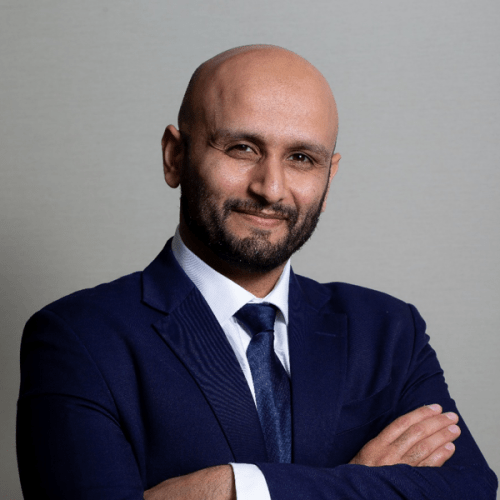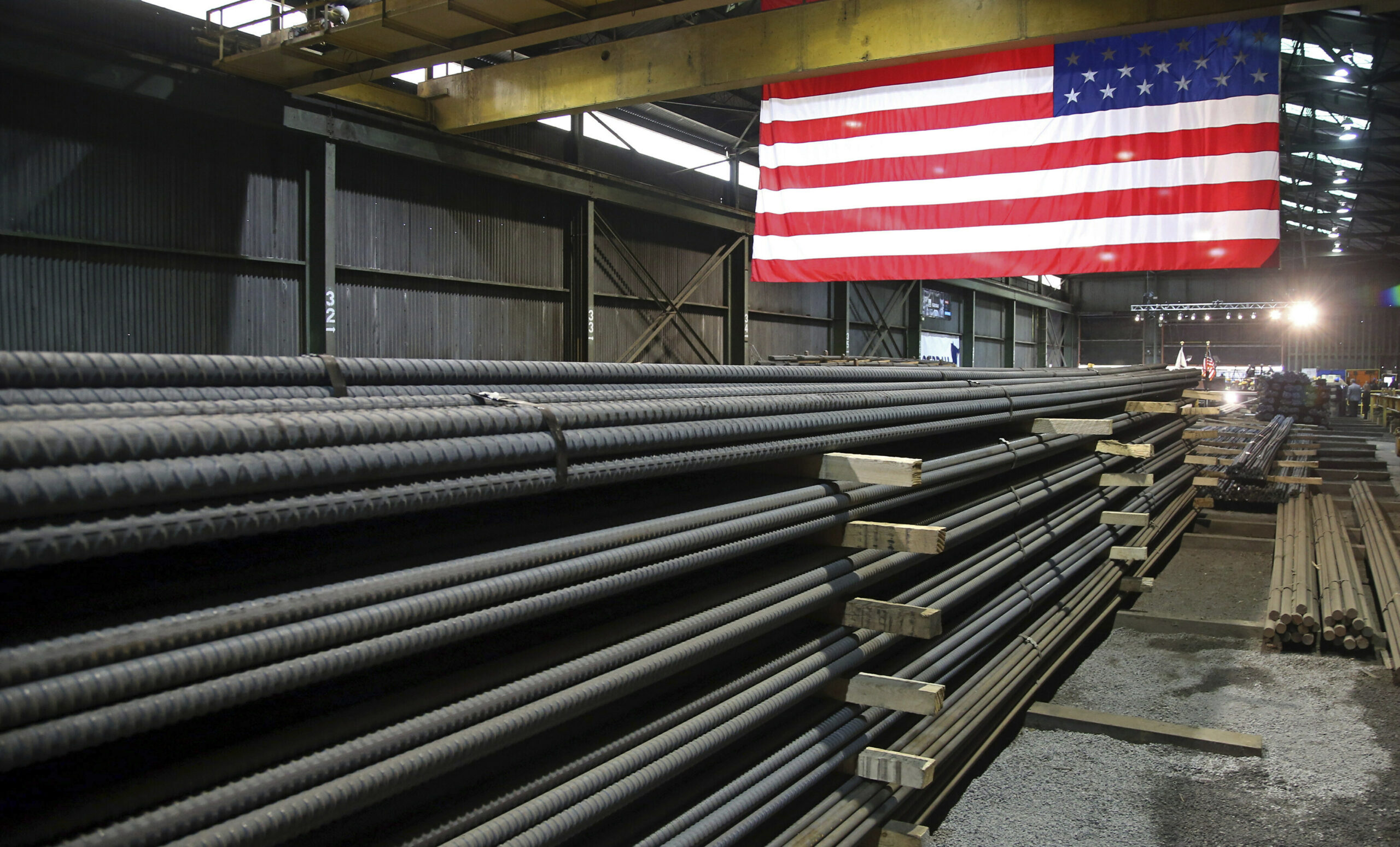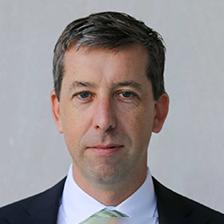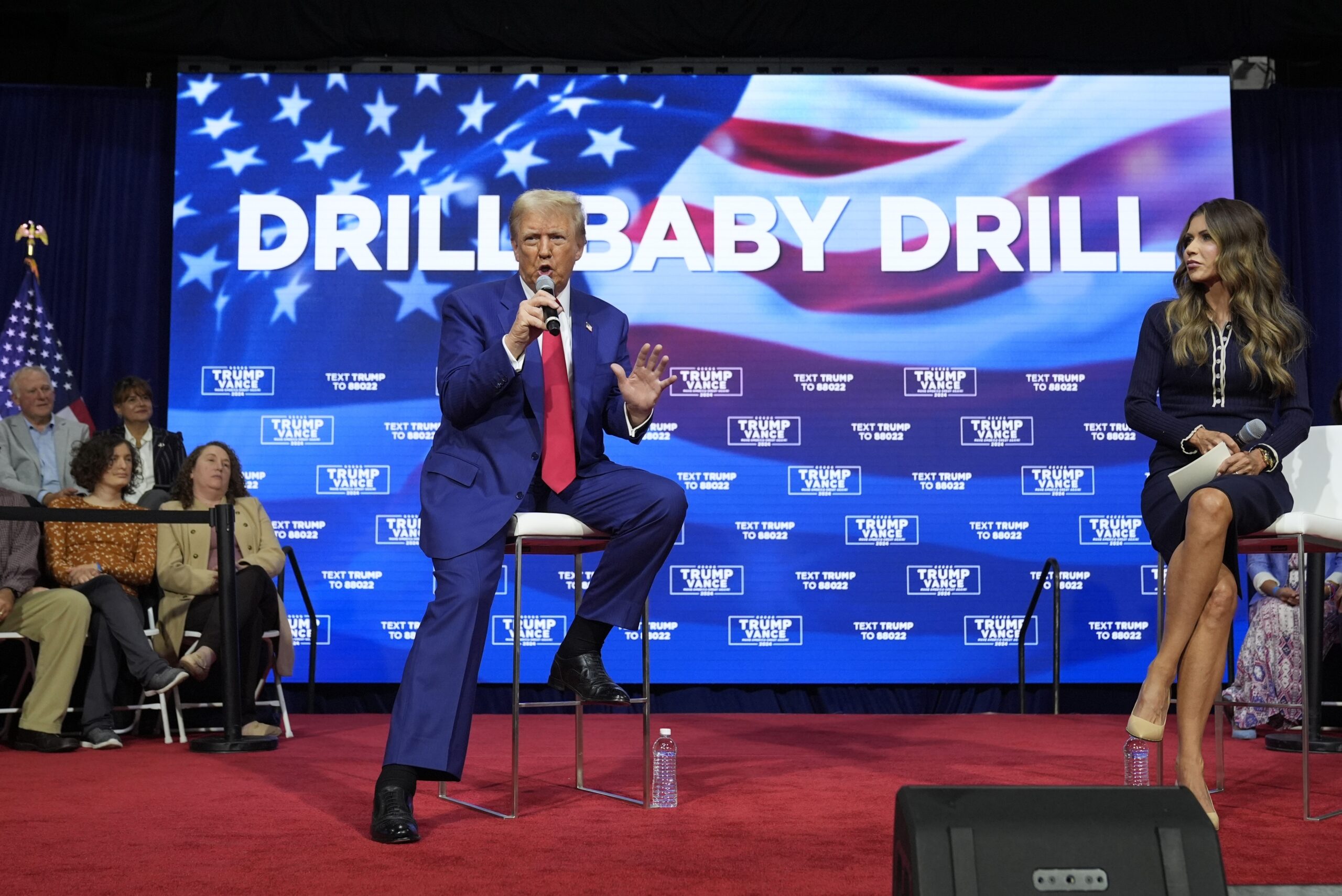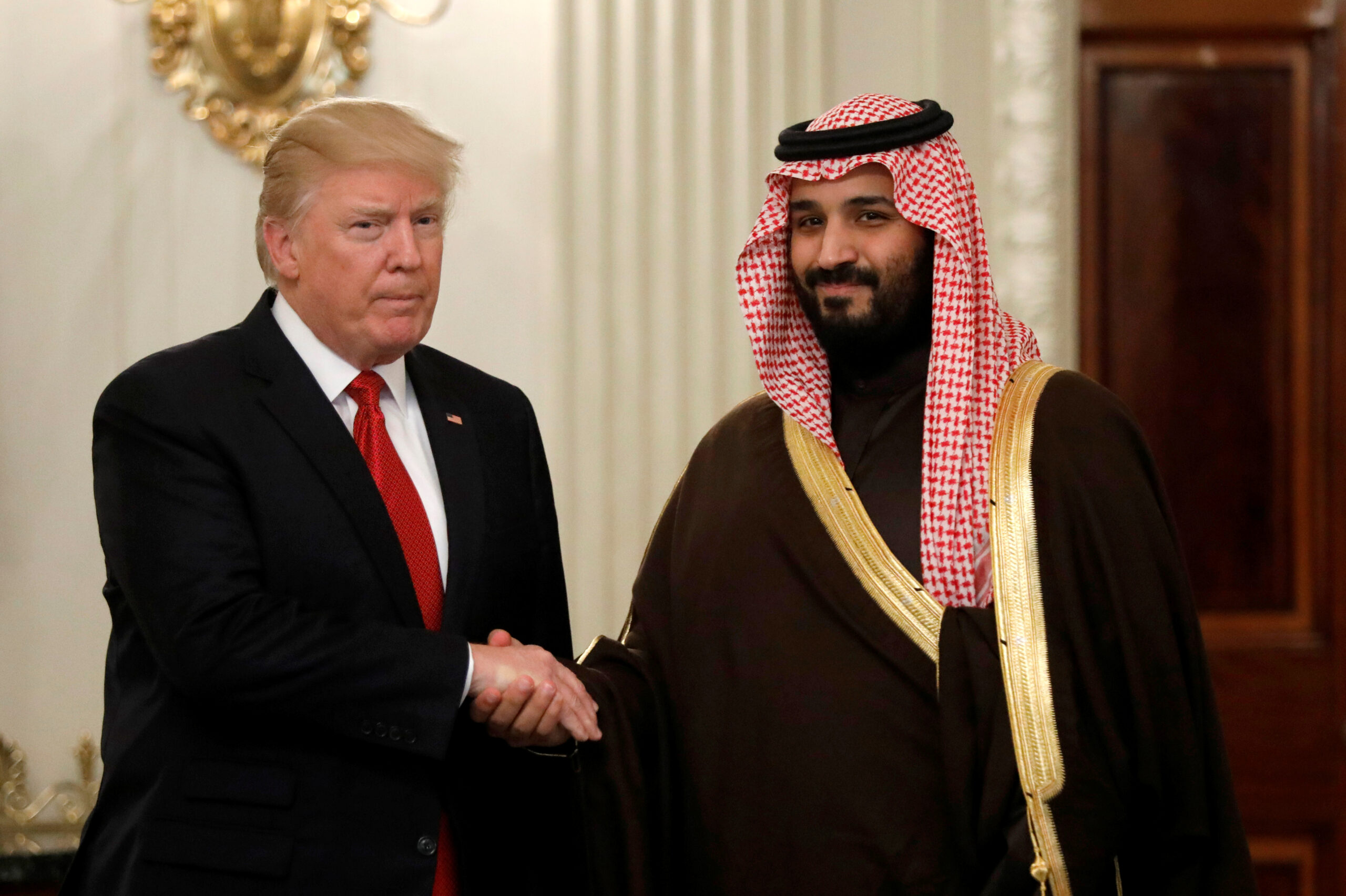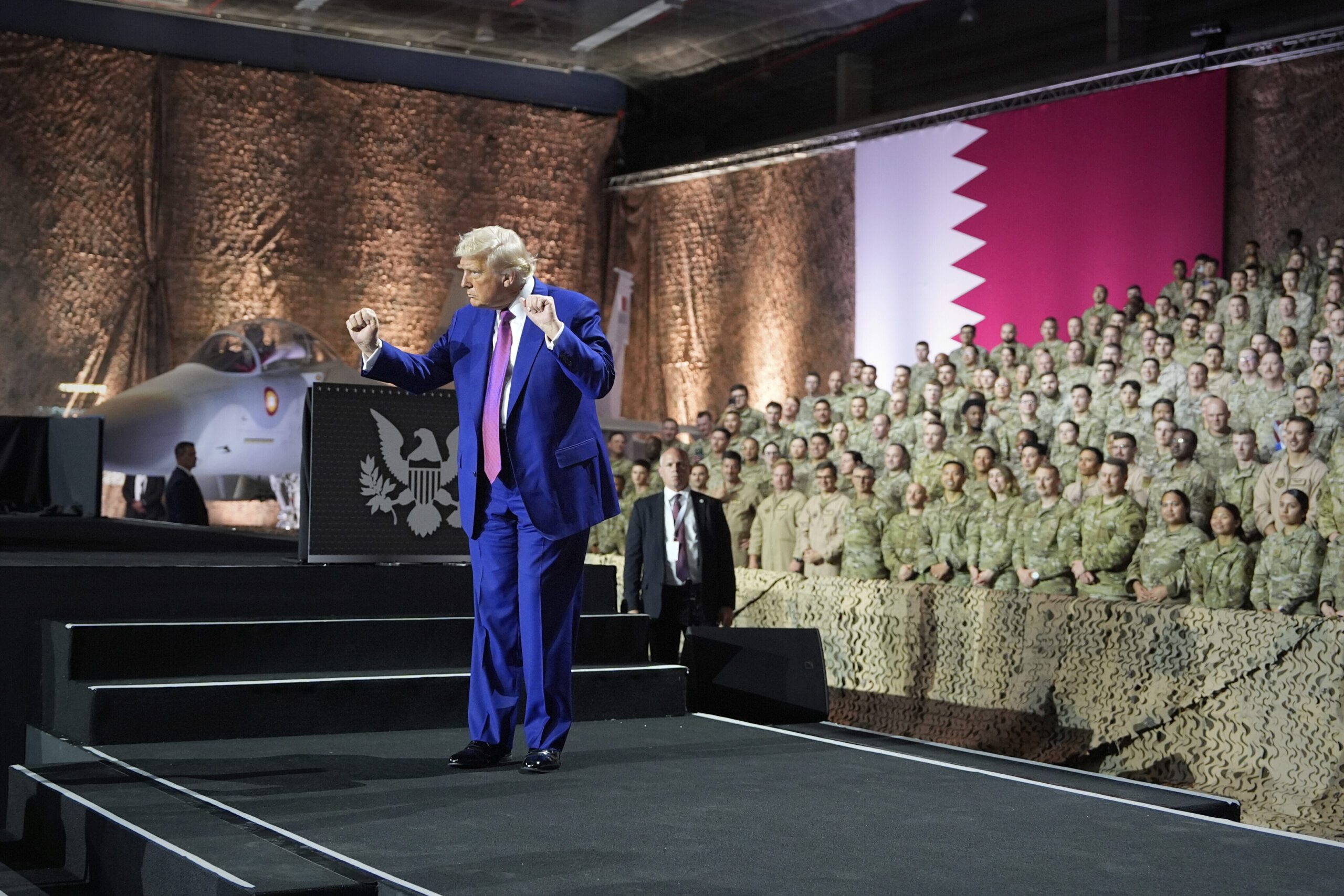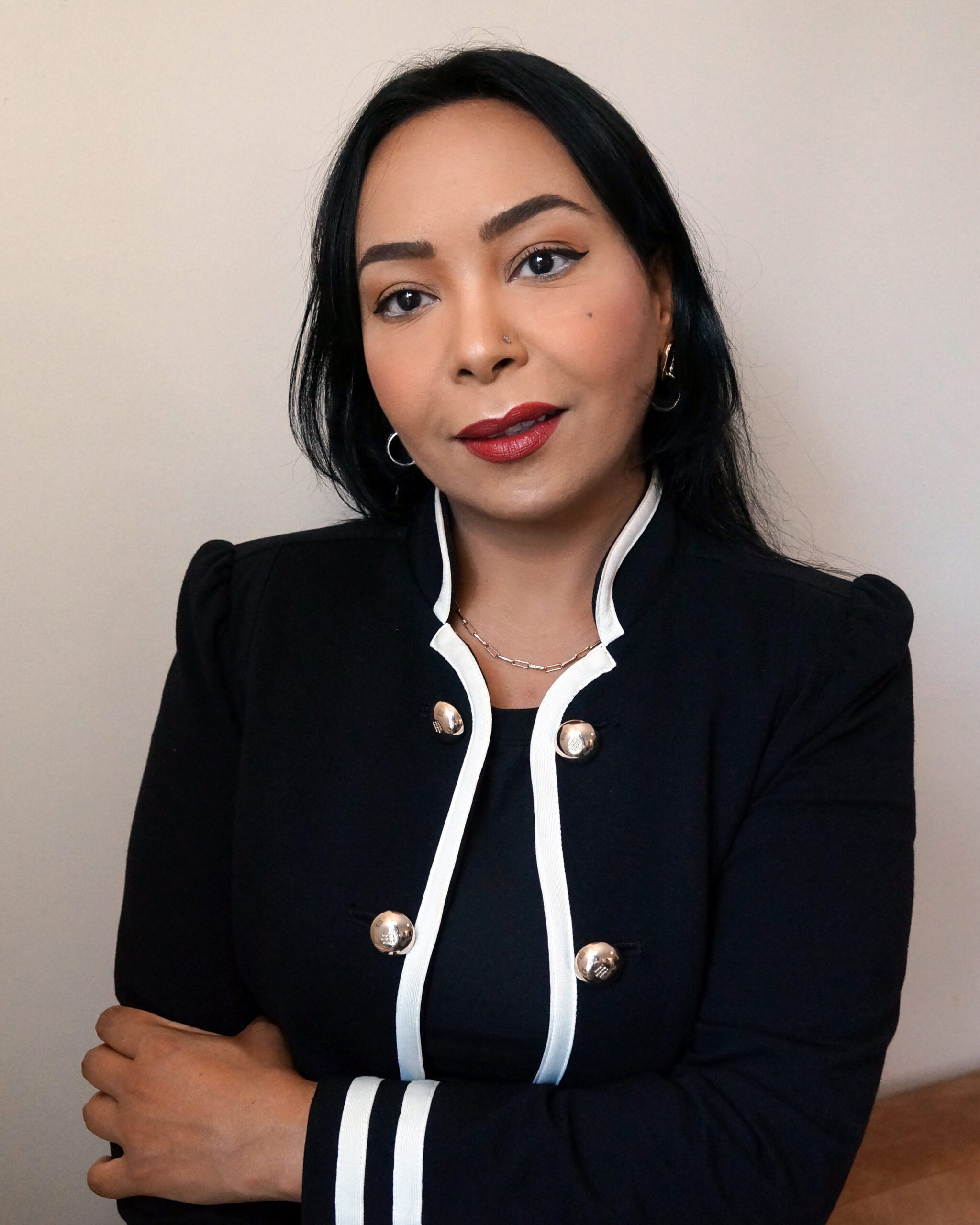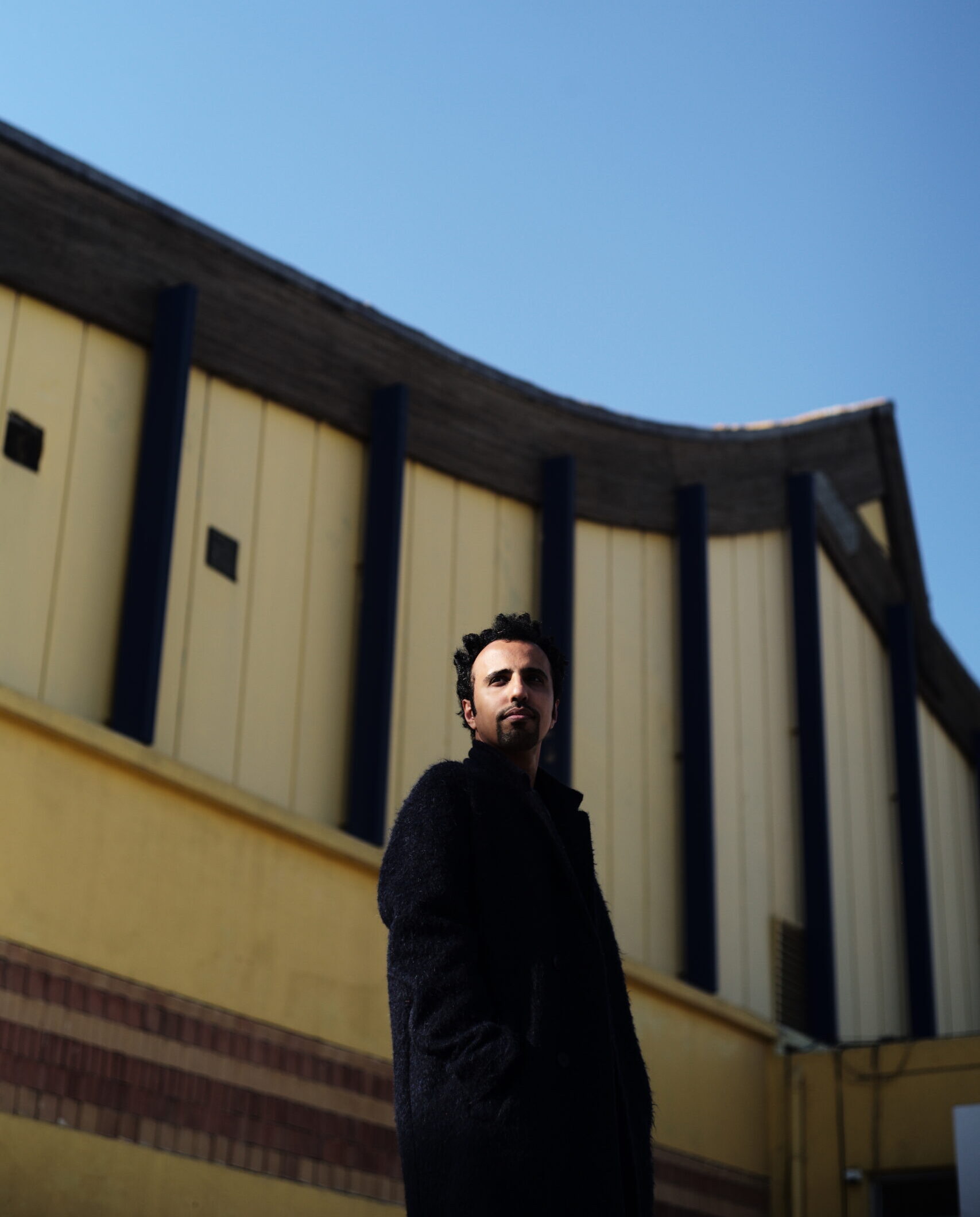Trump’s Inauguration and America’s Nationalist Realignment
Underlying dynamics in U.S. society and the global political economy suggest Trump’s new nationalist coalition may endure with implications for Gulf partners.
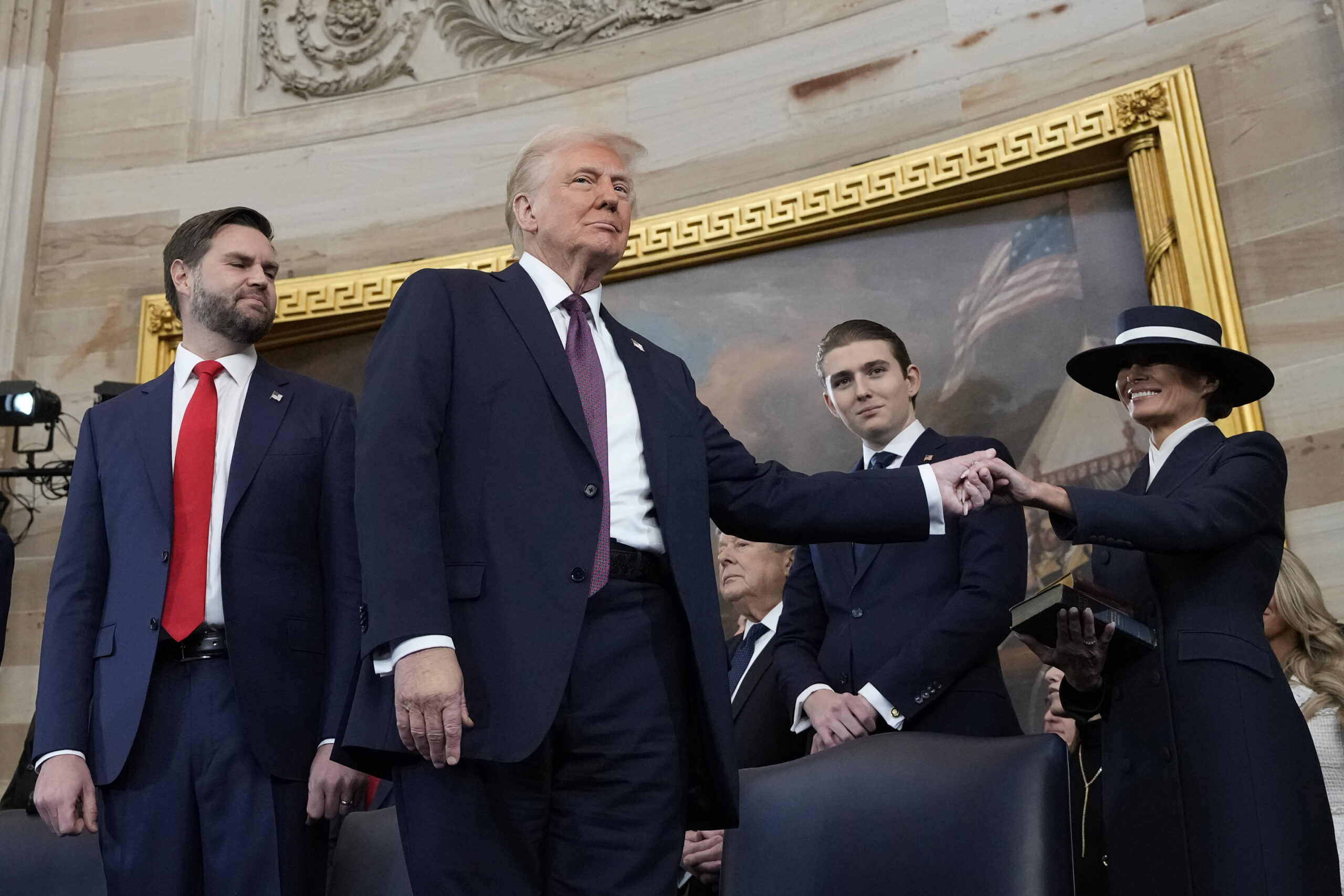
The sweeping electoral victory of Donald J. Trump returned him to the presidency January 20, this time in a much stronger position. He is in complete control of a Republican Party that now boasts a narrow majority in both houses of Congress and wields an ideological edge on the Supreme Court. Thus, Trump has within his grasp all three branches of government: a stunning achievement in the context of the United States’ divided politics.
This overwhelming institutional advantage is matched by a popular mandate. The election demonstrated a rightward shift across all demographics. Trump won not only the electoral college but the popular vote. His political coalition is made more potent, and potentially enduring, by its diverse nature: His candidacy attracted not only a majority of white Americans but also sizeable support from minority groups. He won more votes from Latinos than any other Republican presidential candidate and increased his backing from both Jews and Arabs.
This consolidation of both popular and institutional power is wielded by someone who, perhaps more than any other U.S. president, is unafraid to use it. A consummate populist, Trump ran against the federal government, pledging to make seismic changes in both the culture and organization of the civil service and armed forces. The appointment to the Cabinet of outsiders, some unexperienced in public policy and with forceful personal and ideological agendas, increases the potential for radical change. Tech billionaire Elon Musk is leading the Department of Government Efficiency, looking to slash the federal workforce and recruit private sector interests to run public policy. Populists such as Robert F. Kennedy Jr., tagged to run the Department of Health and Human Services, and former FOX personality Pete Hegseth, who was just confirmed to head the Pentagon, are promoting cultural crusades that could impact the stability and functioning of social services and the military.
While the maximalist aims of this populist insurgency in governance are unlikely to be achieved, the scope for intervention is increased by the election mandate granted to Trump, despite his clear intent to overturn the establishment and avowal to disregard even the Constitution of the republic. Today, the protections of divided government, a limited Republican Party resistance, and institutional safeguards that characterized his first turn in leadership are all significantly diminished.
America – and the World – Has Changed
The promise of radical change comes amid both domestic and international trends that explain and reinforce its potency. Domestically, this nationalist and populist trajectory emerged in part due to two massive political failures: the 2003 Iraq War and 2008 global financial crisis. Both have shaped U.S. foreign policy in fundamental ways, decreasing the appetite for foreign commitments, and diminishing U.S. stature abroad. And both have informed the deep popular mistrust of the political and financial establishment – a mistrust of elites that has since characterized elections. More recently, the impotence of the United States’ decades-long military intervention and chaotic withdrawal from Afghanistan and the trauma of the coronavirus pandemic only served to accelerate and solidify these nationalist and populist trends. The new “America-first” coalition under Trump is promising to embrace more forceful limits on foreign immigration and trade and exhibits deep skepticism of foreign military entanglements and multilateral commitments.
These U.S. experiences and transformations are buttressed by the global context in which they are occurring. In this stage of late globalization and growing income disparity, nationalists are challenging or coming to power in Europe, Latin America, and Asia, many through a wave of populism that is destabilizing democratic governance. Meanwhile, technological change is disrupting information, media, and communication and transforming the fundamentals of the energy markets that fuel economies. Governance in these conditions appears to be favoring more centralized power and decision making. This can be seen even within the normally decentralized United States, where legal rulings are empowering the presidency and both the right and the left are demanding stronger remedies from the state while simultaneously emboldening private interests to more formally and publicly intervene in policymaking.
Under the administration of former President Joseph R. Biden Jr., there were new attempts at industrial policy, intervening in energy markets through the strategic petroleum reserve, and encouraging green energy investments and a domestic return of new tech industries through the Inflation Reduction Act and CHIPS and Science Act. While the Trump administration is promising a reduction in the size of the federal government, it is likewise promising a more prominent seat at the table for favored industrialists potentially backed by aggressive new tariffs against competitors. The outcome is likely to be more mercantilist policies that weaken the international system of global trade, long sustained by multilateral agreements. A similar disregard for multilateral security institutions will test bodies like the United Nations and security pacts like NATO.
In this context, the appetite of great and medium powers to test the global norms that have prevented regional expansionism will likely grow: a challenge already posed by Russia and Israel. Meanwhile, competition over new technology and the establishment of new trade and tech corridors could disrupt supply chains and fragment open markets, especially when informed by the great power rivalry between the United States and China.
Gulf Partners and the Nationalist Realignment
These changes – the centralization of power, shift toward nationalist policies through unilateralism or mercantilism, and unpredictability that populism and the new information environment bring toward governance – are all pronounced in the new Trump administration. But they are fed by more systemic economic and sociopolitical dynamics that are widespread and enduring. A future election may bring to power a different political coalition with a different cultural expression. But it is unlikely to return the liberal internationalism that has heretofore governed U.S. policy and shaped the global order. Nationalism, in one form or another, has come to America.
The implication for Gulf partners is significant. In some ways this centralization of decision making and power will work to the advantage of monarchies, which are themselves centralized and may prefer more personalized mediation and governance. There will be a hope for the effective dealmaking that can be achieved by focused and empowered interlocutors with clear national objectives and less encumbered by multilateral and idealist commitments. Already, the threat of Trump to wield U.S. power in forceful ways has helped to line up somewhat reluctant adversaries in Israel, Gaza, and Lebanon. The open ambition to expand economic sanctions against Iran may yet yield a nonmilitary solution to limit Iran’s nuclear and regional ambitions..
At the same time, the elevation of powerful interest groups in the tech sector, notably in artificial intelligence and cryptocurrencies, may be welcome in Gulf states that have been championing these new industries. Commercial and new nationalist objectives may also ease some restrictions on military sales and facilitate Saudi Arabia’s entrance into civilian nuclear development. Yet in other ways, a more mercantilist United States could threaten Gulf interests. A uniform imposition of tariffs may damage Gulf countries less than others, but there are particular industries, such as aluminum in Bahrain, that have already suffered under tariff policy. The Trump administration’s ambitions to expand U.S. oil exports may threaten Gulf attempts at stabilizing relatively high oil prices – the critical variable in their economic transitions – though even Trump may find it difficult to compel greater investments in the oil sector.
And what will the further weakening of an open global trading regime, alongside more tactical U.S. sanctions against strategic adversaries, such as China, do to Gulf countries, such as the United Arab Emirates, which have built their futures on being open commercial hubs? A U.S. move toward more discrete bilateral or targeted partnerships – rather than uniform rules-based global regimes – will likely hasten the Gulf approach of cultivating strategic partnerships and relying on new technology, trade, and communication corridors.
The emerging predominance of great powers and the corresponding weakening of the rules-based global order, including the inviolability of borders, may have implications for the security of the small states of the Gulf. The weakening of Iran’s reach is likely to be welcome among Gulf Arab states, but Israel and, to some degree, Turkey have emerged as powerful players whose regional ambitions may spark rivalries with Gulf states for influence. Security concerns prompted by this weakening of inviolability of borders and related weakening of the rules-based global order are magnified in the context of a more capricious and self-interested United States.
One thing is clear: Within a global order shaped by powerful, competitive states, and a United States with a more centralized leadership, personal ties will become paramount. Clear communication and the presentation of mutually beneficial policies and practices may define successful negotiations and positive outcomes for these long-standing global partners.
The views represented herein are the author's or speaker's own and do not necessarily reflect the views of AGSI, its staff, or its board of directors.

